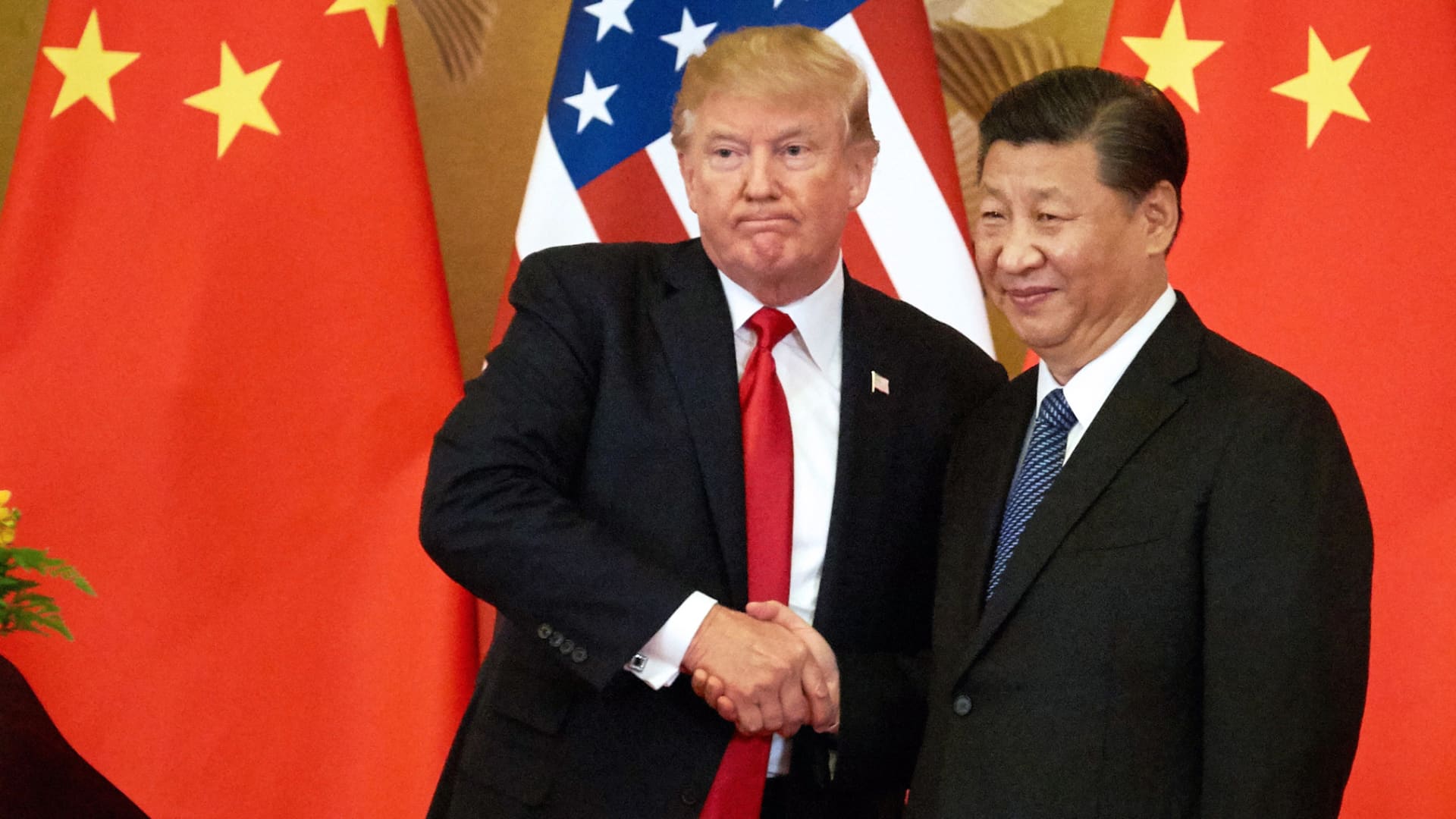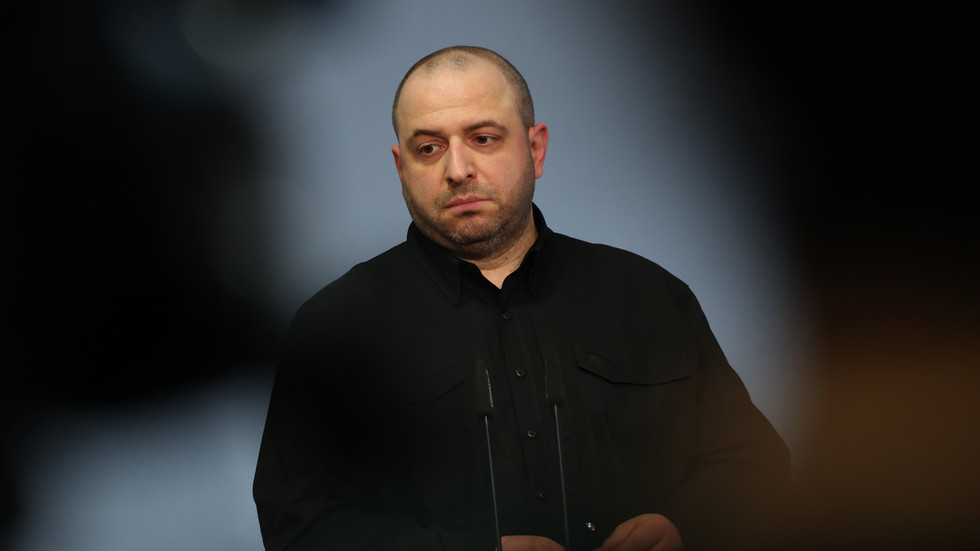Ground was broken on May 21 for a $1.5 billion luxury golf resort in northern Vietnam owned by US President Donald Trump's family business.
Vietnamese Prime Minister Pham Minh Chinh and Eric Trump, executive vice president of the Trump Organization, presided over the ceremony.
Days later, Eric Trump traveled to Ho Chi Minh City, Vietnam's economic powerhouse, to finalize an agreement for a luxury hotel development in an upscale district of the rapidly expanding city.
Reports indicate that the Vietnamese government expedited approvals and potentially violated domestic regulations to favor the Trump Organization.
The deals come as Vietnam faces a 46% tariff threatened by the Trump administration on April 2.
Although these punitive "reciprocal tariffs" have been postponed until July, Vietnam remains under pressure, especially considering its substantial $123 billion trade surplus with the United States.
Vietnam ranks among the most trade-dependent countries globally, with exports to the US alone accounting for approximately 30% of its GDP, according to official data.
"Hanoi understands that for the Trump Administration, what is public is private, and the best way to curry favor is to do deals with the Trump family," Zachary Abuza, a professor at the National War College in Washington, told DW.
Relations with Vietnam were positive in the early years of Trump's first term. Former Prime Minister Nguyen Xuan Phuc was one of the first world leaders to meet Trump at the White House in 2017, and Hanoi was later chosen to host the high-profile but unsuccessful summit between Trump and North Korea's Kim Jong Un.
However, Trump's stance shifted drastically in 2019 when he accused Vietnam of being the "worst abuser" in trade relations with the US, launching investigations into alleged unfair practices. These measures were only reversed after President Joe Biden took office.
 Eric Trump and Vietnamese officials attend the groundbreaking ceremony for the Trump International Hung YenImage: dpa/picture alliance
Eric Trump and Vietnamese officials attend the groundbreaking ceremony for the Trump International Hung YenImage: dpa/picture allianceVietnam fast-tracks Trump's luxury golf resort
Although officially a private venture, the Vietnamese government significantly facilitated the Trump Organization's golf resort plans.
In mid-March, Prime Minister Pham Minh Chinh met Charles James Boyd Bowman, head of the Trump Organization's projects in Vietnam, and promised to "conduct a thorough review to fast-track the project."
He called on the Trump Organisation to "position Vietnam as a business base and expand its investment footprint in the country," according to Vietnamese media reports.
Vietnam has indeed delivered on its promise, achieving record-breaking speed for regulatory approval, Abuza noted. Typically, projects of this scale take years; this one reached groundbreaking within three months of initial filings.
In March, Hanoi also gave permission for SpaceX, owned by Elon Musk, Trump's efficiency tsar, to launch its Starlink satellite internet service on a trial basis.
Earlier this week, the New York Times newspaper revealed a letter from Vietnamese officials that explicitly stated that the project required support from senior members of the Vietnamese government because it was "receiving special attention from the Trump administration and President Donald Trump personally."
According to the New York Times' report, the Vietnamese government has "ignored its own laws" by granting concessions to the Trump Organization that are "more generous than what even the most connected locals receive."
Moreover, the entire project runs counter to the housing master plan of Hung Yen province, where it is located, and potentially the state's environmental and safety regulations.
According to the aforementioned letter by Vietnamese government officials, the groundbreaking event was also brought forward to avoid "missing the window to capitalize on the support of the Donald Trump administration."
Vietnam's strategic hedging
The initial agreement for the golf course was signed last September, two months before Trump won the US presidential elections.
"Although the specifics leading up to the deal are not known, one plausible theory is that a real estate project of this scale could not have proceeded without the backing of the Vietnamese government," Hoang Thi Ha, a senior fellow at the ISEAS – Yusof Ishak Institute in Singapore, wrote last month in an article for the institute's Fulcrum analysis website.
She added that state backing "could have been a way for Vietnam to hedge its interests with Trump even before the US presidential election outcome was known."
Moreover, the golf resort's location is significant. Hung Yen is just outside Hanoi and is the home province of To Lam, the communist party's general secretary.
In early 2024, the incumbent and powerful general secretary of the Vietnamese Communist Party, Nguyen Phu Trong, passed away. In his place, To Lam, previously the public security minister and Trong's enforcer, quickly consolidated power.
Lam became state president and then party chief, breaking the separation of powers norm of Vietnamese politics and leading some commentators to wonder whether he had dictatorial plans. He later relinquished the presidency.
Since last year, To Lam has purged various ministries and appointed officials or personal friends from Hung Yen province in their place.
Business and politics
"There's little doubt that Hanoi has rolled out the red carpet for Trump-affiliated businesses in recent months," Khac Giang Nguyen, a visiting fellow at the ISEAS – Yusof Ishak Institute, told DW.
"It's a calculated, transactional move, with hopes that favourable treatment for Trump's business interests might buy some goodwill in Washington amid the ongoing trade negotiations," he added.
The White House maintains that President Trump's trade discussions are entirely separate from his family's business dealings.
Vietnam has actively sought to mitigate tariff threats, pledging earlier to reduce all duties on US imports and increase purchases of American goods.
"There is no guarantee that Vietnam will get what it wants only by currying favour with Trump. The key factor at work here is whether Vietnam can adequately address Washington’s key concerns regarding bilateral trade," Le Hong Hiep, a senior fellow at the ISEAS–Yusof Ishak Institute's Vietnam Studies Program, told DW.
"If Vietnam fails to follow through with its commitment to purchase more American goods and stop the Chinese transshipment fraud, the approval of Trump Organization’s project is not going to help," he added.
US-China tensions test ties between ASEAN members
Edited by: Wesley Rahn

 5 days ago
6
5 days ago
6









